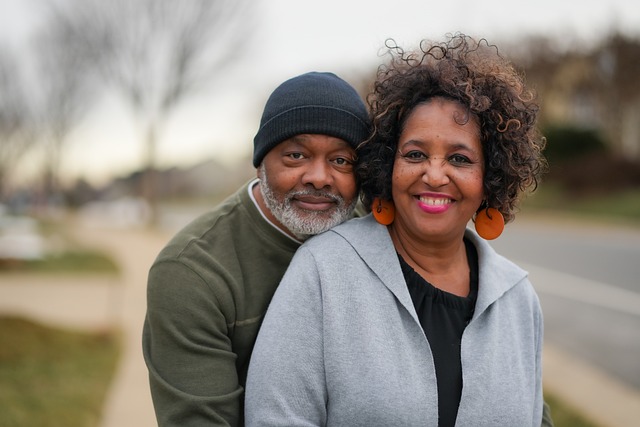Elderly Companion Services provide enhanced senior care through tech-supported personalized support, ensuring elders' safety and independence in their homes. By continuously monitoring health, these services alert caregivers promptly about changes, preventing potential severe issues. Offering companionship to medical assistance, companions from these services significantly reduce accident risk and detect behavioral or health anomalies. Choosing the right service involves considering expertise, training, adaptability, background checks, and compatibility with elders, ultimately aiming to boost independence, comfort, and security.
In-home health monitoring assistance is transforming senior care, offering vital support for elderly individuals in the comfort of their own homes. This growing trend leverages advanced technology and dedicated Elderly Companion Services to enhance safety and well-being. By understanding the benefits and selecting the right companionship care, families can ensure loved ones receive personalized attention tailored to their unique needs. From remote monitoring to daily assistance, these services are a game-changer for maintaining independence and quality of life.
- Understanding In-Home Health Monitoring Assistance: Benefits for Elderly Individuals
- The Role of Elderly Companion Services in Ensuring Safety and Well-being
- Choosing the Right Companionship Care: Tips for Families and Elderly Adults
Understanding In-Home Health Monitoring Assistance: Benefits for Elderly Individuals

In-home health monitoring assistance, often provided by Elderly Companion Services, offers a range of benefits tailored to meet the specific needs of seniors in their familiar surroundings. This type of care goes beyond traditional companionship; it involves continuous observation and support for elderly individuals, ensuring their safety, well-being, and independence. By integrating advanced monitoring technologies with personalized attention, these services create an environment where seniors can age comfortably while receiving the necessary assistance.
For the elderly, in-home monitoring assistance provides peace of mind, knowing that help is readily available. It allows them to maintain a sense of autonomy by enabling them to stay in their homes longer, avoiding the need for premature relocation to care facilities. Moreover, these services can alert caregivers or family members immediately if any concerning changes occur, such as falls, irregular vital signs, or unusual behavior, enabling prompt intervention and potentially preventing more severe health issues.
The Role of Elderly Companion Services in Ensuring Safety and Well-being

The role of Elderly Companion Services in ensuring safety and well-being cannot be overstated, especially for the aging population who may require assistance with daily tasks and monitoring. These services provide a crucial support system, offering companionship and peace of mind for both the elderly individuals and their families. By having a dedicated companion at home, seniors can maintain their independence while receiving personalized care.
Elderly Companion Services cater to various needs, from simple company during meals and conversations to more intensive assistance with medication management, mobility, and household tasks. Companions can also play a vital role in monitoring health, encouraging regular exercise, and ensuring individuals adhere to medical advice. Their presence can deter accidents, detect changes in behavior or health status, and promptly alert caregivers or healthcare providers when necessary.
Choosing the Right Companionship Care: Tips for Families and Elderly Adults

Choosing the right elderly companion services is a crucial decision for families looking to ensure their loved ones’ well-being at home. It’s important to consider more than just availability and cost. Families should assess the care provider’s experience, training in geriatric care, and ability to cater to specific needs like medication management or assistance with daily tasks. Background checks and references are essential for ensuring safety and reliability.
Elderly adults themselves should feel comfortable with their companion caregivers. Open communication about expectations, routines, and personal preferences is key. Observing the caregiver’s interaction with the elderly individual can provide insights into their compatibility. Remember, the right companionship care should enhance independence, promote comfort, and foster a sense of security in the home environment.
In-home health monitoring assistance, facilitated by elderly companion services, is a vital support system for maintaining the safety and well-being of seniors in their own homes. By understanding the benefits and choosing the right companionship care, families can ensure their loved ones receive the best possible care. Elderly companion services play a crucial role in enhancing quality of life for the elderly, allowing them to live independently while staying connected and safe within their communities.
